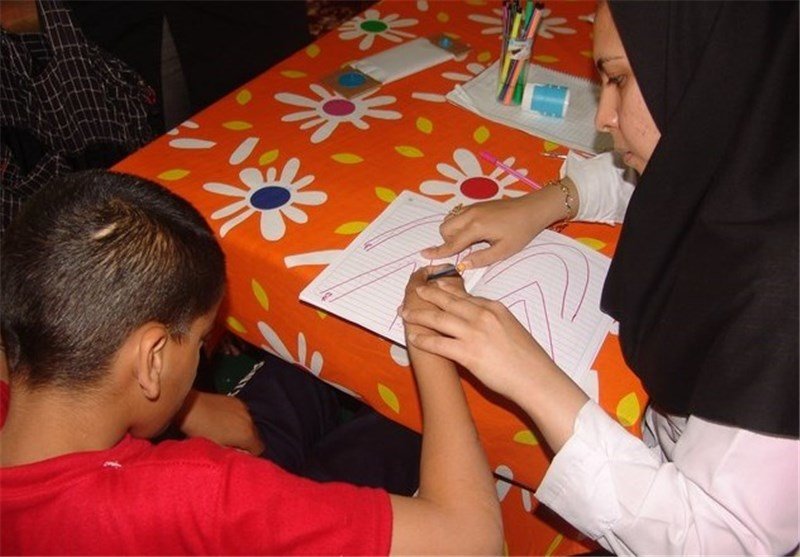Autism screening pilot scheme to launch in Iran

TEHRAN – An autism screening program will be piloted in a collaborative initiative between the Welfare Organization and the Special Education Organization by September 23 in Isfahan province, Mohammad Taqi Jaghtaei, an advisor to the Ministry of Health has said.
"The aim of the program is to complete the autism children's screening circle. Part of this cycle involves preschoolers which is conducted by the Welfare Organization, and the other part involves screening and identifying school-age children [suffering autism] which is administered by the Special Education Organization,” IRNA quoted Jaghtaei as saying.
Jaghtaei also said that Ministry of Health will also carry out screening programs for children aged 18 months.
"Screening program is done through a test designed with regard to contextual factors," he explained, adding, “all children referred to health centers will be tested, and children suspected of having possible autism spectrum will be referred to specialized medical centers.”
"Children diagnosed with autism will be provided with rehabilitation, social and professional services by the Welfare Organization," Jaghtaei highlighted.
He went on to say that some seven to eight thousand children with autism have been identified in the country, so far.
It is anticipated that nearly 30,000 children under age five are suffering autism in the country, as prevalence is estimated at 1 in 250 births, and with 1.5 million births per year in Iran some 30,000 are possibly suffering autism, he explained.
Autism spectrum disorders (ASD) are characterized by social-interaction difficulties, communication challenges and a tendency to engage in repetitive behaviors.
World Health Organization estimates that 1 in 160 children has an autism spectrum disorder worldwide.
Autism cannot be diagnosed at birth. A study, published in February 2010 in Science Daily, of the development of autism in infants, comparing the behavior of the siblings of children diagnosed with autism to that of babies developing normally, has found that the nascent symptoms of the condition -- a lack of shared eye contact, smiling and communicative babbling -- are not present at 6 months, but emerge gradually and only become apparent during the latter part of the first year of life.
According to Autism Parenting Magazine research is increasingly proving that children with an autism spectrum disorder benefit from the earliest interventions possible. In 2001, the U.S. National Research Council urged families not to use the “wait and see” method for early intervention as it was “likely to have significant and negative consequences.”
Evidence-based psychosocial interventions including behavioral treatment and parent skills training programs, can reduce difficulties in communication and social behavior, with a positive impact on well-being and quality of life for persons with autism and their caregivers.
Globally, people with ASD are often subject to stigma, discrimination and human rights violations, and in general access to services and support for people with ASD is inadequate.
FB/MQ/MG
Leave a Comment